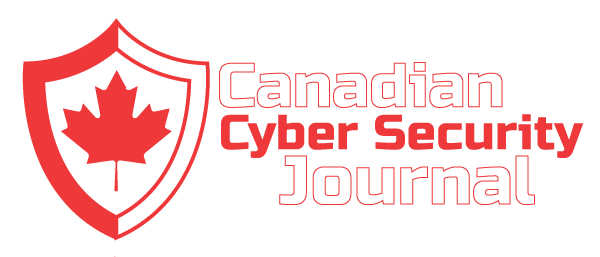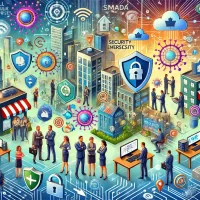Like most of 2020, the year 2021 is not academically friendly. Millions have had to suddenly migrate to online education because of Covid-19. The pandemic broke out in the context of pre-existing financial strain, symbolised by the #FeesMustFall protests. What’s emerging is a unique set of challenges for the sector: students’ protesting for free education, and academic institutions having to manage cybersecurity threats as all institutions are forced into e-learning and teaching by the pandemic.
E-learning on its own challenges the Information Communication Technology (ICT) infrastructure for both academic institutions and learners. The latter must speedily acclimatise to new technologies and modes of learning; the former faces cybersecurity threats capable of undermining its system’s confidentiality, integrity and availability (CIA).
Cybersecurity is the protection of computer systems and networks, using technical means, policy and organisational capacity, to mention but a few. Denial of unauthorised access to any cyberspace facility is its bread and butter.
E-learning posits relocation of traditional modes of learning and teaching into cyberspace. In this regard, cybersecurity is activated to protect the online learning experience. South Africa is poorly ranked when it comes to cybercrime (cybersecurity breaches with criminal intent) estimates; it is the third-highest cybercrime-hit country in the world after Russia and China. In financial terms, the country loses over R2.2-billion year-on-year to cybercrime, and that figure is rising. Clearly the country has a cybersecurity challenge that must first be acknowledged and then combatted.
E-learning on an industrial scale was forced upon universities that had little time to prepare on the cybersecurity front. Covid-19 embedded itself with an infiltration precision most spying organisations can only dream about; embracing the new way of learning and teaching was never optional. Challenges remain: most learners do not boast automatic access to ICT gadgets. Without the support of the National Student Financial Aid Scheme (NSFAS), most students are left behind. Lack of technological access means that most learners are not technologically savvy, which fertilises the ground for cybersecurity breaches.
Universities have to contend with various cybersecurity breaches, chief among them being Denial of Service (DOS) through hacking of online classes. In such a scenario, the Availability component of the CIA is compromised, and the rightful users cannot enjoy the benefits of the system. This can be done by disgruntled students or their proxies when they believe that their demands are not being sufficiently considered or met.
Cheating is another possibility. Without the conservative way of verifying that the rightful person takes a test or exam, the Integrity of e-learning is compromised. Students can also share login details and links with various groups to cause online class disruptions in retaliation against their demands not being met. This occurrence will not be a once-off 2021 phenomenon, for as long as the country grapples with challenges of funding higher education, the cyber-threat from students and their proxies looms.
E-learning is likely here to stay in one form or another, and will be propelled further by fourth industrial revolution (4IR) technologies, so universities are obliged to start thinking about mitigating cybersecurity risks as part of their risk management strategies. One of the ways to improve CIA for e-learning is to provide gadgets to students with pre-installed software programmes containing online classes, so they don’t have to “enter” anything (pop-up option). Another approach is to invest in on-camera technologies for tests and exams to mitigate against cheating.
Navigating all this in a context where equity is still an ideal will require a delicate balancing act. While ensuring that the academic calendar is not undermined by intelligent technologies and cybercrime, it is also crucial to provide equitable avenues of online education that also allow students to learn and air their grievances, in order for universities to remain sites of quality education and impeccable credentials.
Click here to view original web page at mg.co.za








